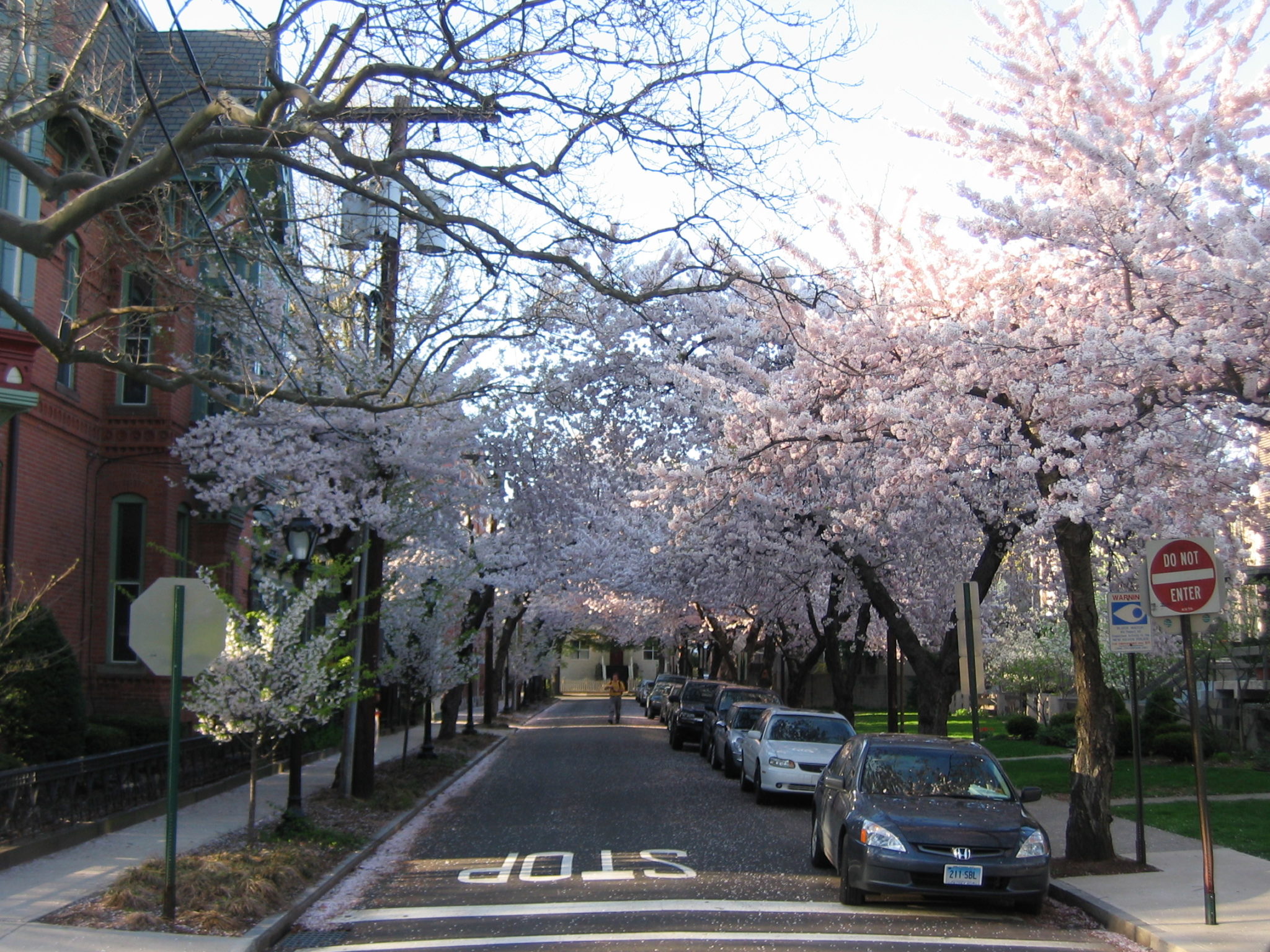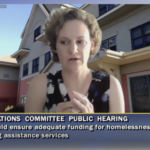State rental assistance program facing a slow rollout in New Haven
Nonprofits, faith groups and the city government are collaborating to spread the word about the UniteCT Rental Assistance Program, which offers financial relief to struggling tenants and landlords.

Wikimedia Commons
Three months after its launch, a statewide rental assistance program that offers as much as $10,000 each to tenants and homeowners has distributed grants to only ten New Haven households.
Connecticut’s Department of Housing originally put aside $235 million in federal COVID-19 relief funds for its UniteCT Emergency Rental Assistance Program, with the goal of stabilizing the state’s housing market and helping residents facing eviction. This money, which would cover rent and utility payments for households making up to 80 percent of the area’s median income, has gone largely unused in the Elm City. In the face of an unexpectedly low number of applicants, local community groups have begun outreach efforts to make this program accessible to all who need it.
“It’s a complex system that really needs some work rolling out … getting the message into the communities so that they can take advantage of it,” said Reverend Kelcy Steele, pastor of Varick Memorial AME Zion Church and the director of neighborhood and faith-based partnerships for the Bridgeport nonprofit Supportive Housing Works. “Because I know that more than 10 people in New Haven need rental assistance, and all of this money is on the table.”
The Rental Assistance Program, which launched in February, is designed to aid all Connecticut households who can present proof of financial hardship because of the pandemic. According to Steele, funding for this program comes from the American Rescue Plan, the federal COVID-19 stimulus bill that passed early this spring.
Virginia Spell, interim president and CEO of the Urban League of Southern Connecticut, told the News that the economic downturns and job loss caused by the pandemic have led to an increased fear of evictions among New Haven residents who rent their homes.
“In the state of Connecticut, we’re already dealing with really high rental costs,” Spell said. “We’re concerned that folks might be evicted from their homes and see further hardship … we’re seeing the price for rental units, especially in New Haven, rise at a rate that is just not sustainable for folks living here.”
Each city in Connecticut is individually responsible for the distribution of their allocated portion of the rental assistance program’s funds, Steele explained. Housing Counseling Agencies — certified partner groups of the DOH in different Connecticut towns — have been central in the rollout of the program, doing outreach and also providing technical assistance at their offices to people struggling with the online application process.
The three local housing counseling agencies for New Haveners are NeighborWorks New Horizons, Neighborhood Housing Services of New Haven and the Urban League of Southern Connecticut, which Spell directs.
Both Steele and Spell told the News that issues with technological accessibility have been significant barriers to the widespread rollout of this rental assistance program. The application for UniteCT’s rental assistance program is hosted on a software system called Yardi. Getting acclimated to this new system has been a “learning curve” for all parties involved, according to Spell.
“There was a lot of interest in the program, there were a lot of people that needed this resource, but they didn’t necessarily successfully navigate the system,” Spell said. “Folks really weren’t successfully navigating and completing their application so that they could be moved … to a supervisor who would then be able to approve the application.”
On the application, tenants are asked to upload scanned copies of documents including their lease and proof of income. Spell told the News that some applicants have been unable to locate physical copies of such documents — there have been cases where people have written “I do not have this document” on a blank piece of paper and uploaded that instead. Applications like these were not approved.
So far, according to Spell, very few New Haveners have been able to take advantage of the program. As of two weeks ago, only about 49 applications for rental assistance were successfully completed, of which about 10 were approved.
In response to this low rate of distribution, local organizations and city leaders have been collaborating to both spread the word about the program and address technological limitations.
Spell spoke about the rental assistance program at a community management team meeting for the Dwight-Chapel neighborhood on April 6, urging residents to take advantage of the funds. She told the News that she and her partners hope to advertise the program at other CMTs in the future. Other outreach plans include door-knocking campaigns and the distribution of promotional fliers.
To bring the program to neighborhoods where access to technology is limited, Steele said, local organizations have scheduled visits from a mobile vehicle run by the Department of Housing. This vehicle has three computers on board, which residents can use to fill out the application.
Arlevia Samuel, director of the city’s Livable Cities Initiative, said that outreach for the Rental Assistance Program has been a “collaborative effort.” Currently, a team, which includes the LCI, the mayor’s office, faith leaders like Steele and local Housing Counseling Agencies, is planning outreach events.
On May 1, according to Spell, these groups plan to host a public event at City Hall. They will advertise the program and assist people in preparing the necessary materials for their applications.
“It’s important that it rolls out everywhere because nobody wants to have a lot of people facing eviction or homelessness when there are funds available to assist them in keeping their apartments,” said Samuel.
New Haven residents interested in the rental assistance program can contact UniteCT at 1-844-864-8328 with further questions.










